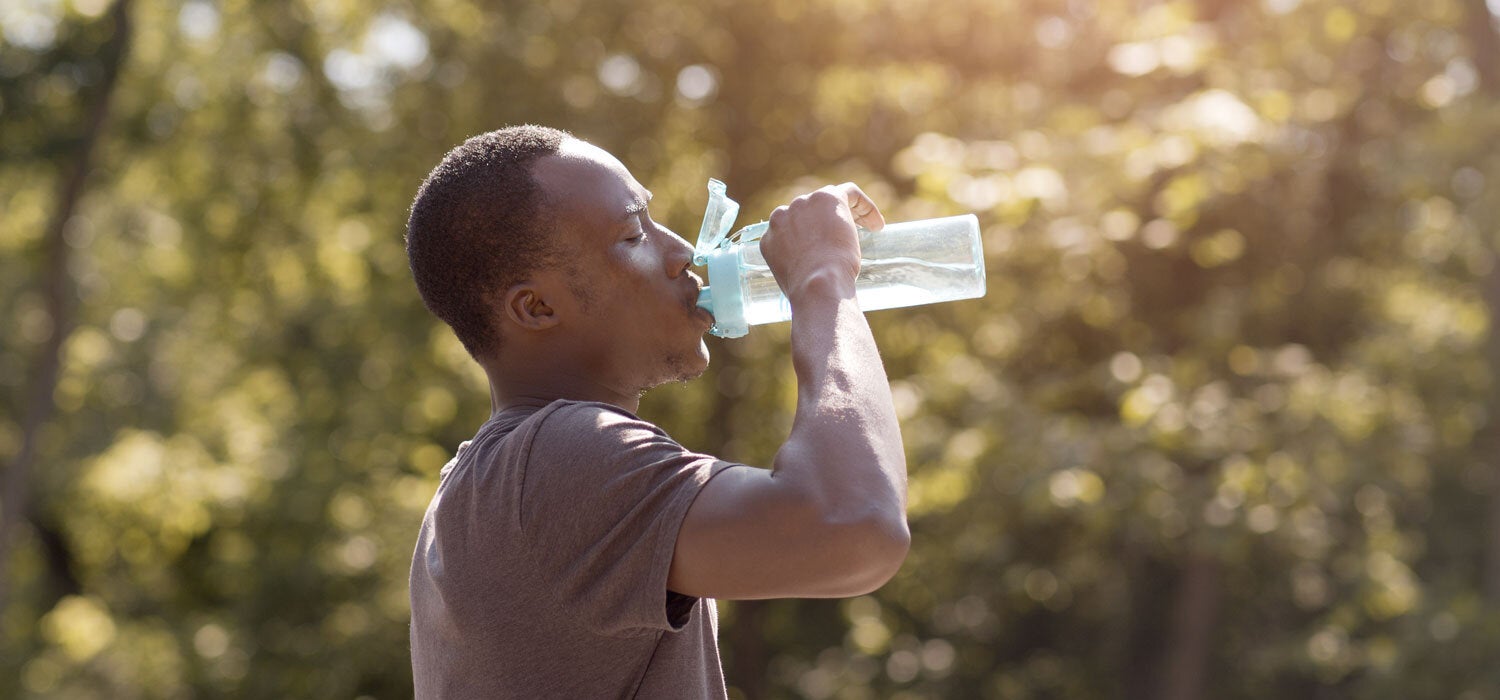By Chalsey Gill Anthony, Communications Assistant, Caribbean Community Climate Change Centre (CCCCC)
With global temperatures of 1.5°C and a projected increase to 2°C, climate change is exacerbating our exposure to extreme temperatures. Days that are hotter than the average seasonal temperature can cause increased levels of illness and death by compromising the body’s ability to regulate its temperature. The report underscored that the heat has become too hot for the Caribbean to handle. And yet, processing what that means for our region is almost unfathomable because the Caribbean is synonymous to ‘soaking up the sun, sand and sea.’

On an ordinary school day in countries across the Caribbean, the buzzer rings for recess and students race out of their classrooms onto unto the campus grounds to play after school games like basketball, cricket, and football. 15-year-old Priyanka Lalla, UNICEF Advocate from Trinidad and Tobago, vividly recalls playing a football match with her classmates when one of them suffered a heat stroke and fainted. “It hadn't even been an hour, but the heat was so excruciating” says Priyanka, “It's a prominent issue, especially for young people who like to be active and outdoors, because it infringes on our right to play and have fun”.
Adaptation is expected to be more challenging for health systems with an increase in global warming. Small islands and Least Developed Countries are projected to experience high multiple interrelated climate risks and limits to adaptive capacity even at global warming of 1.5°C. The long-term effect of exposure to higher temperatures can have deleterious and harmful effects on human health especially for vulnerable populations and people with underlying conditions such as high blood pressure.
Epidemiologist at the Epidemiology Unit of the Ministry of Health and Wellness in Belize, Antonio Hegar, noted that it makes them more susceptible to having a heat stroke or another type of cardiovascular event because it puts the body under more stress. “You're not even aware that your body is dehydrated and overheated until you literally just fall flat from heat stress, cramp or exhaustion.” He added, “even if you're a supposedly young and healthy person or live in an area accustomed to high temperatures, it's going to be getting so hot that even those people would not be able to stand it and live there anymore. That gives you an idea of just how serious the problem is.”




